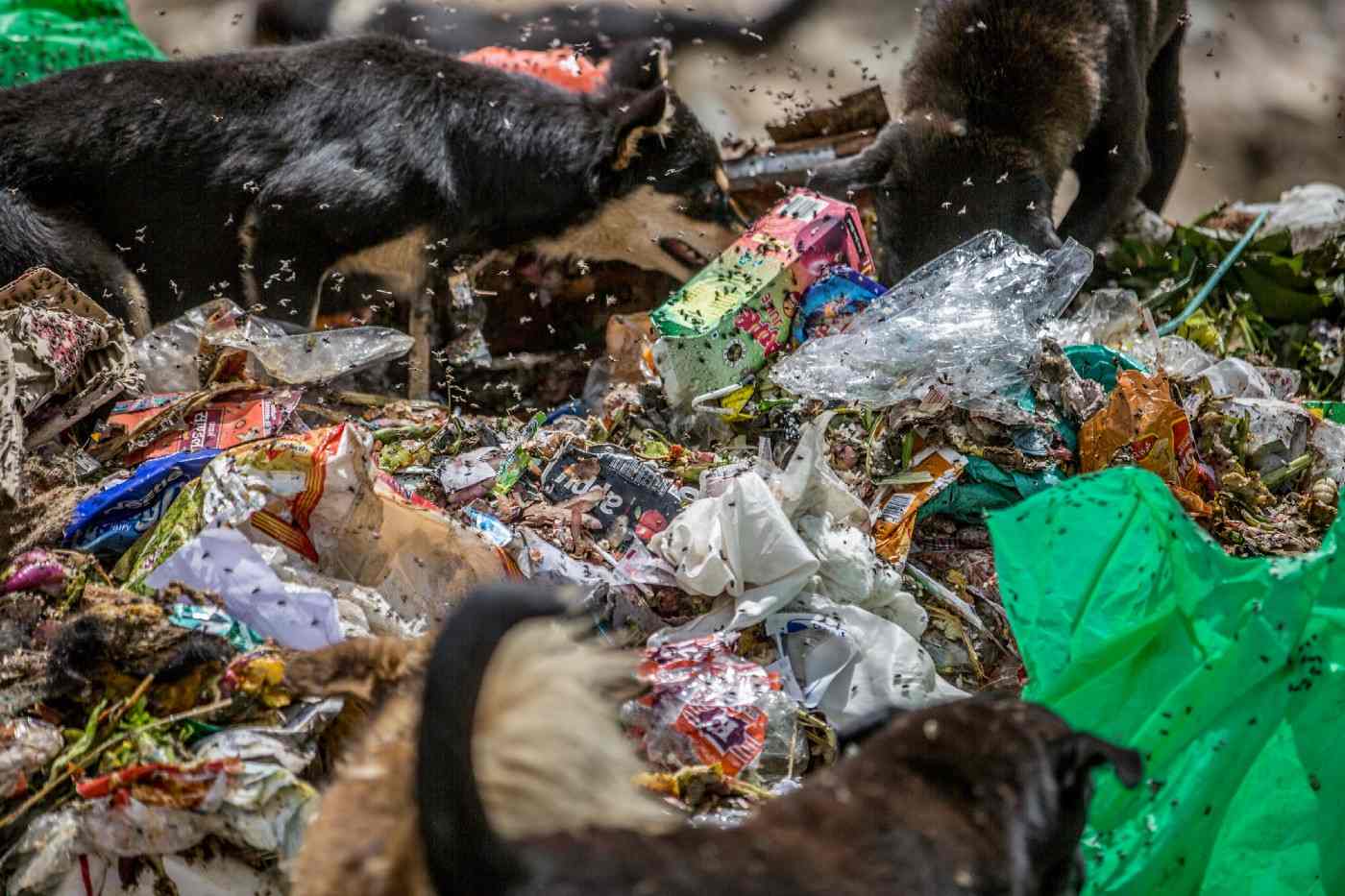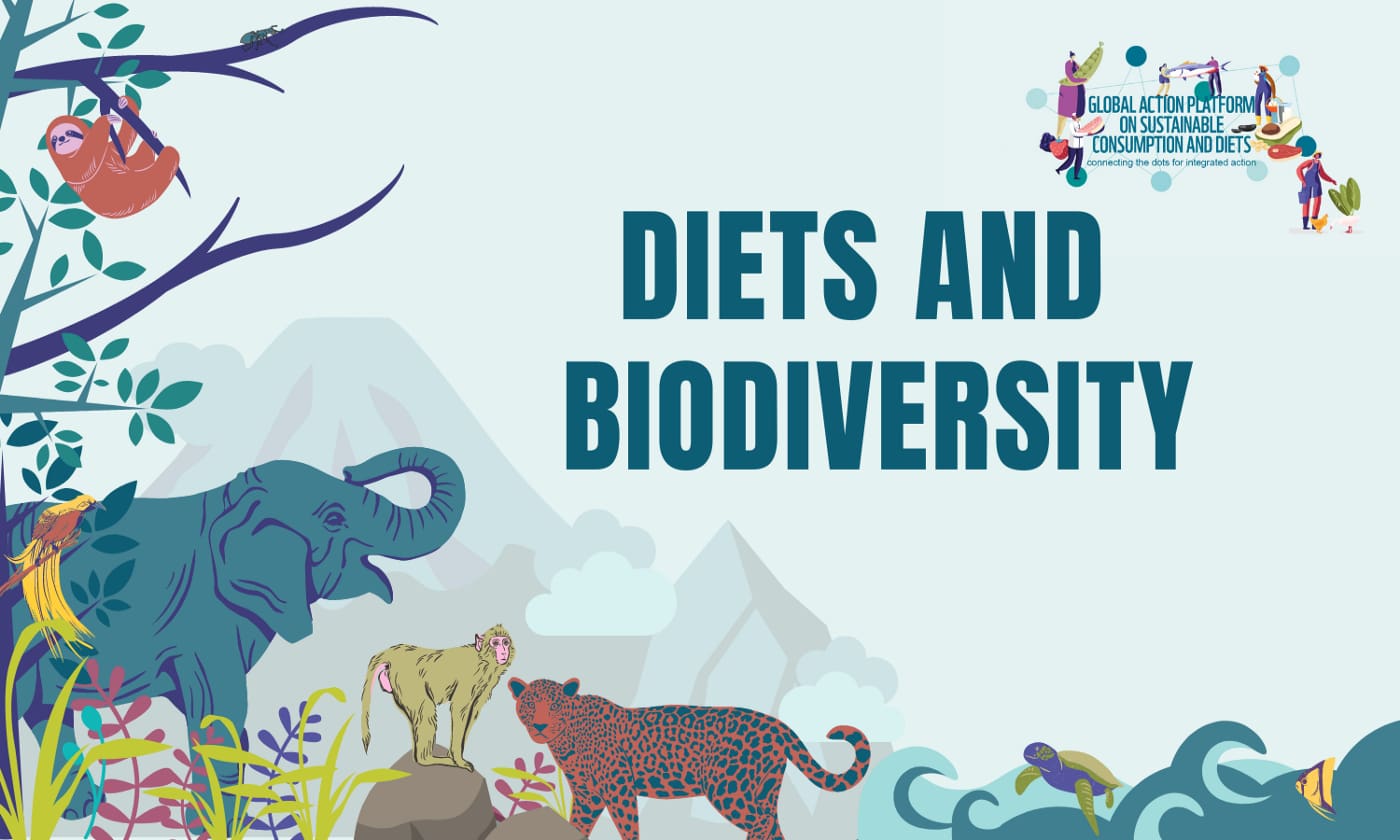How dietary shifts and reducing food loss and waste can have an immediate impact on climate crisis
The world has finally woken up to climate change. This is great news we should all celebrate, but facts are that this awakening has come very late. The slow response by the global community has put us in a ‘code red for humanity’ situation, as highlighted by the latest IPCC report (Climate change 2021: The Physical Science). This landmark report makes it crystal clear that we are running out of time to address the climate crisis and to avoid the most catastrophic impacts to humanity by limiting warming to 1.5°C. But we do have a wildcard that can buy time and help us avoid dangerous tipping points. This wildcard is methane, a global warming gas that is much more potent at warming the planet than carbon dioxide, and we can all take action based on what we eat.
Methane, the climate change wildcard
To date, methane’s role in warming the planet has not received the same focus as carbon dioxide. This makes sense, given that carbon dioxide contributes to roughly 70% of greenhouse gas emissions. But methane is a much more potent gas and generates roughly 28 more times warming than carbon dioxide over a 100-year time frame and is nearly 80 times more powerful as a heat trapper in the first 10 to 20 years. This means that despite contributing only about 3% of total emissions by mass, methane has been responsible for nearly a quarter of total global warming since 1750 and is responsible for 30 to 50% of the warming that we see today. So clearly, methane matters when it comes to the warming of the planet.
So why is methane a wildcard in our fight against climate change? Although being a more potent greenhouse warming gas, methane only stays in the atmosphere between 10 to 20 years (average 12 years) before it is broken down into carbon dioxide. Carbon dioxide on the other hand stays in the atmosphere for centuries. This means that the carbon dioxide released into the atmosphere today is tough to get rid of and even if carbon dioxide emissions were reduced to net-zero, the earth would continue warming for years to come, unless we rapidly pull it out of the atmosphere and store it underground or in plant-biomass.
The short-lived life of methane, on the other hand, means that reductions in methane emissions will have an almost immediate impact on global warming. The temperature response of sustained methane reductions has a similar behaviour to a temperature response of removing carbon dioxide from the atmosphere, or avoiding these emissions from the start. In fact, rapidly reducing methane emissions could slow the current rate of warming by 30% and prevent nearly 0.5°C of warming. This half a degree difference in warming may not seem like a lot, but could mean the difference between a planet that still supports a thriving human civilization and one that doesn’t.
Methane emissions rising rapidly

Dogs eating rotting food at a landfill in Thimpu, Bhutan © James Morgan
But methane emissions are rising rapidly and our food systems are the main sources. Agriculture (mainly ruminants and some from rice production), burning of fields after harvests, rotting food (and other waste) in landfills account for approximately 80% of global methane emissions (when combined with unintended leaks during oil and gas extraction). If methane emissions continue to rise at current rates, this could preclude our chances of achieving either a 1.5°C or 2°C world, even if we are able to achieve net-zero carbon dioxide emissions by 2050.
Global solutions exist, we only need to act
The latest IPCC report is scary, and it’s very easy to become despondent or depressed at the urgency of the crisis facing us. The potential benefits of reducing methane emissions should give us hope — though hope alone is not enough, we must also act. Countries can strengthen actions to rapidly reduce methane emissions by including explicit mitigation goals for methane in their up-dated Nationally Determined Contributions to the Paris Agreement. The European Union has an ambitious strategy to reduce methane emissions that can serve as an example for other countries. The Global Methane Assessment, identifies actions and recommendations to guide policy makers. Farmers can reduce methane emissions by adopting nature-positive agricultural practices and integrating agroecological principles into their farming. Outside food systems, the oil and gas industry can rapidly reduce emissions by adopting known technology and improving extraction methods. We have the solutions, now it is time to act.
Individual solutions exist, and are in our control
Individual solutions also exist that squarely place the methane wildcard in our hands. Every person and every home can shift their diets to be more plant-based and reduce food waste.

Adopting a diet with a higher proportion of plants can help reduce methane emissions © Martin Harvey
Individuals are directly in control of both these actions. If enough people act, these two changes will have a huge impact on reducing global methane emissions. For those that have read the latest IPCC report or seen the headlines and are searching for tangible individual actions to take, the story that methane matters should give hope but more importantly, it should inspire action.
Solutions do exist that are in our control, now it’s up to each of us as to what we choose to do.
More information
Save 1/3 - The power of reducing food loss and waste
UNEP and CCAA Methane Assessment, Recommendations for Policymakers
This article was originally published on Medium.





